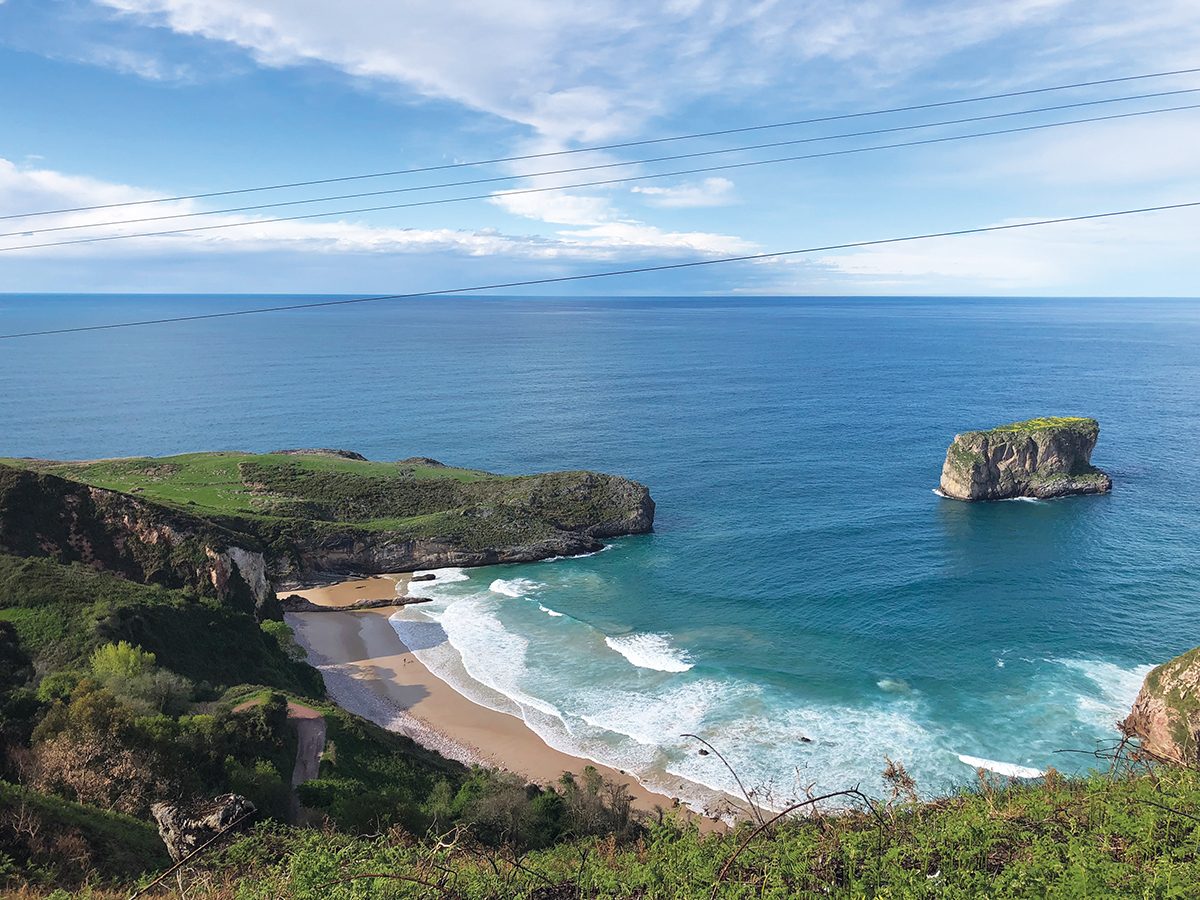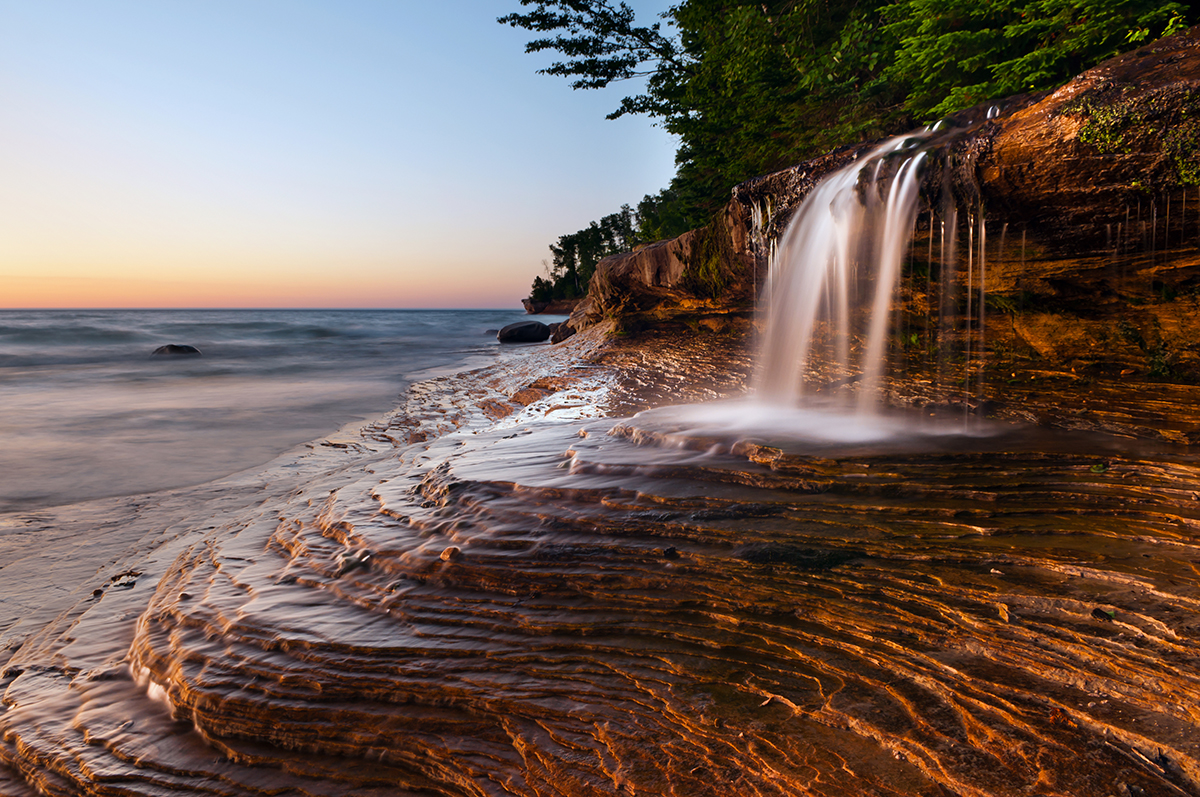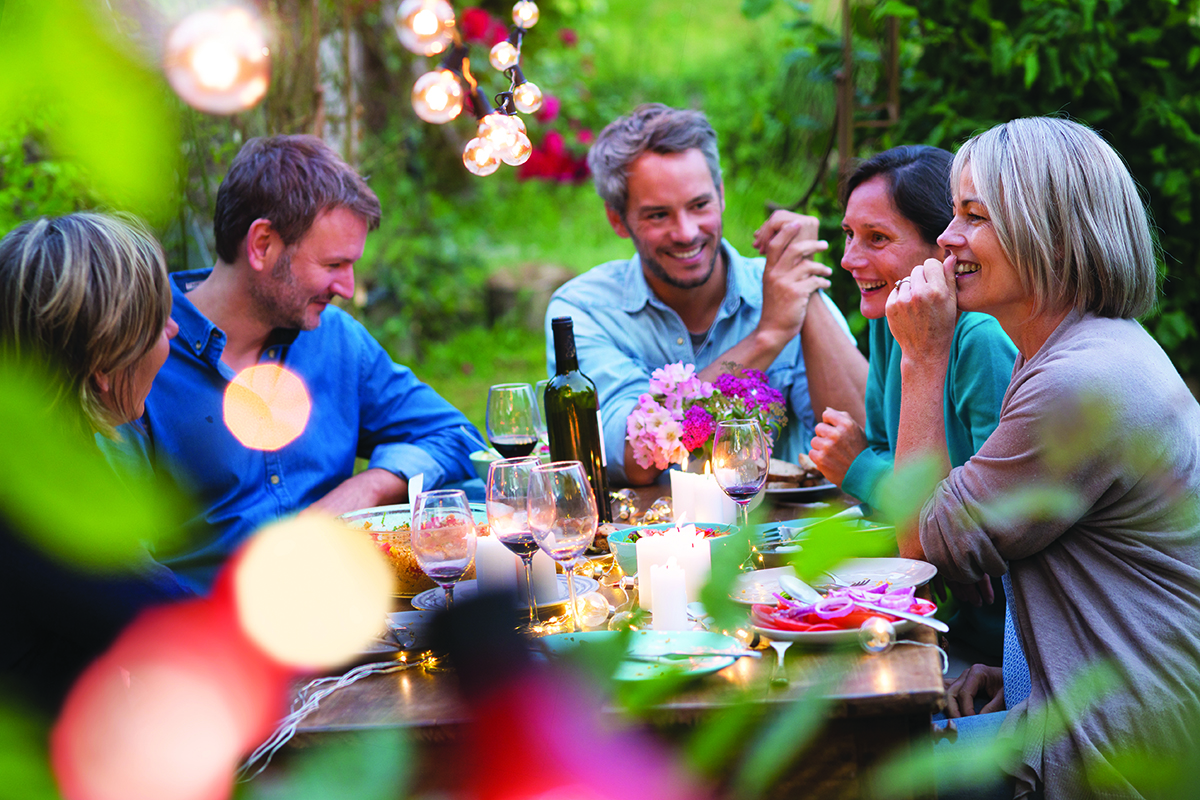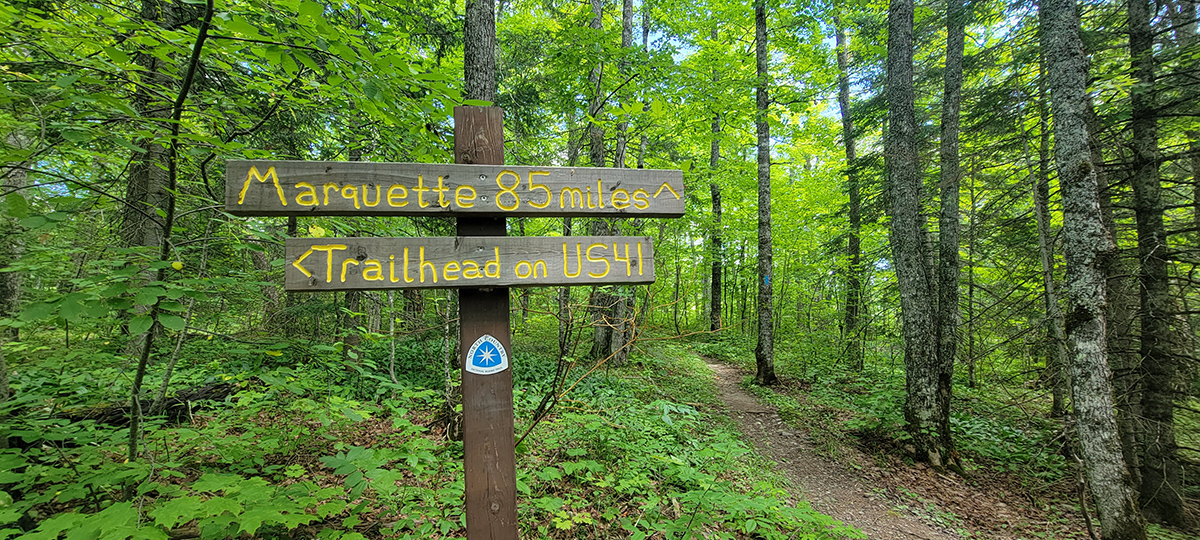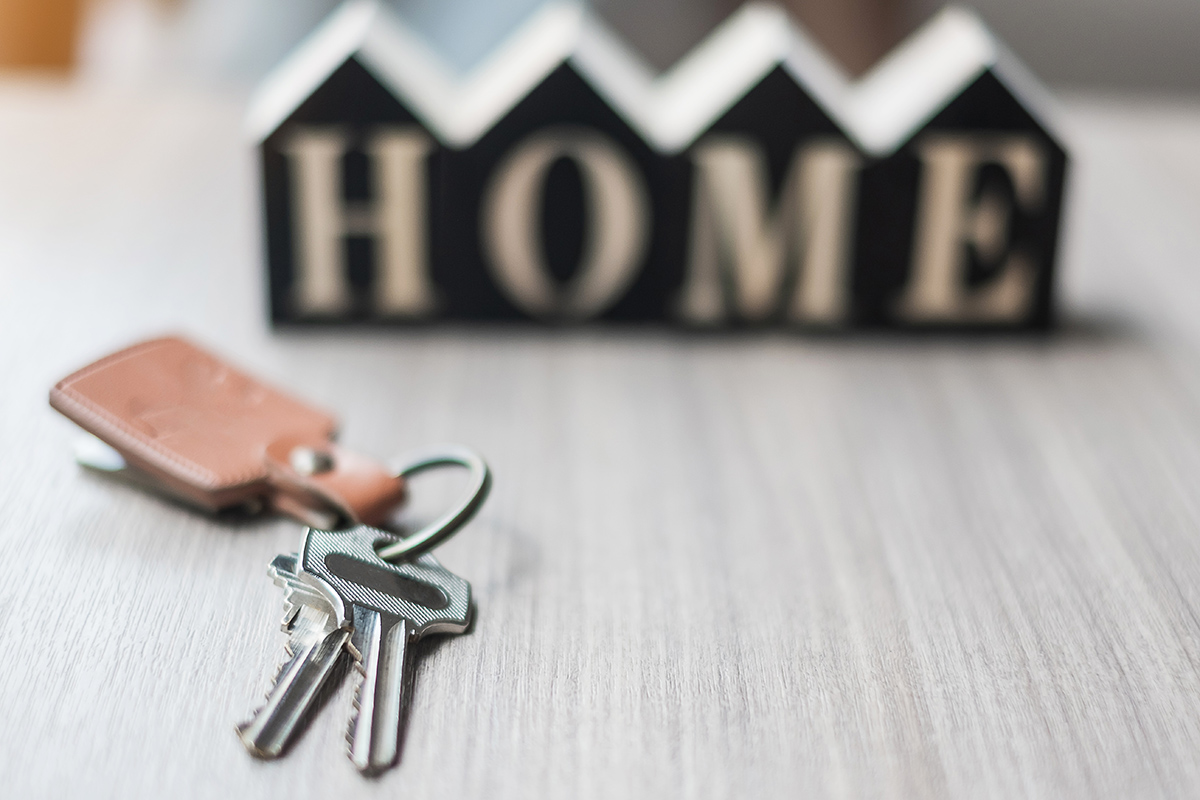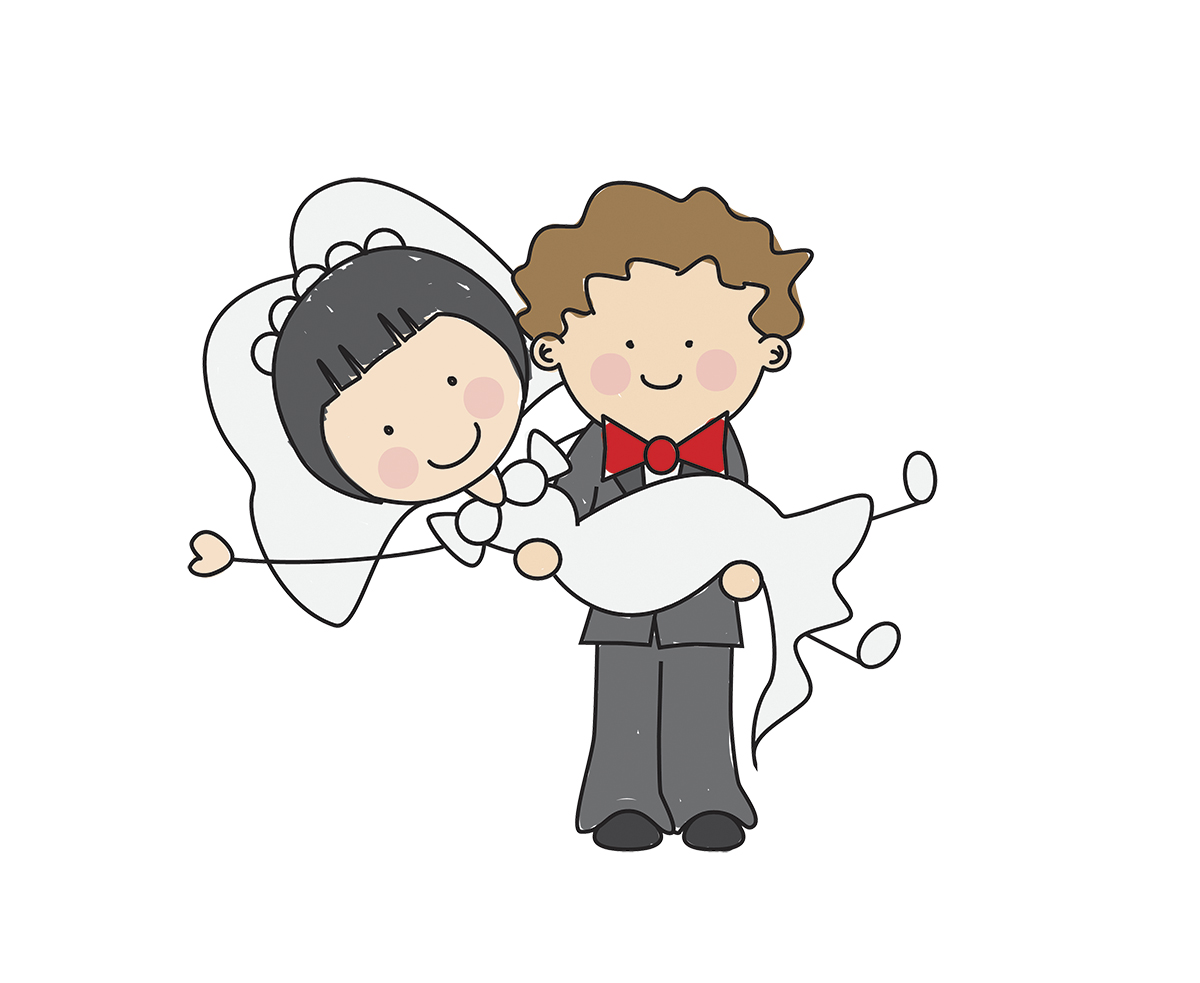WRITER AND PHOTO | NICOLETTE CHAMBERY
Camino de Santiago Norte: My Search for Happiness and What I Found Instead
When I embarked on a pilgrimage to “find myself,” I was not immediately met with every truth I’d been searching for or insights that seemed just out of reach from where I resided before. Instead, I found the same me, but one introduced to a new space that offered a different set of challenges, and, thankfully, possibilities.
It was a chance for reflection, but, equally, for confrontation – of old habits, thought processes, and internal monologues that I had chosen to provide the scaffolding for my life thus far. Now I know that personal development is possible anywhere, but it took a pilgrimage across Spain to make that clear to me.
I embarked on the Camino de Santiago, a pilgrimage people have walked since the early 1300s, on April 1st. I was spurred on by a poem I had read late last year by the English poet David Whyte.
The pilgrimage was stunning, stilling, and difficult.
Starting in San Sebastian, I walked through almost 30 towns on my way to Santiago. I was struck by the large and unoccupied swaths of land I passed, many of which had beautiful but abandoned houses or villas on the property.
I asked a couple in Llanes why this was the case, and they explained that, for many generations, farming had been a huge contributor to the country’s economy. As Spain is still recovering from a recession that started in 2008, and with younger generations leaving their home towns to pursue careers outside farming, the small towns have been struggling to survive outside of the summer tourism season, when tourists help prop up revenue.
In Spain’s Basque country, the native language (and oldest in the region) is known as Euskara, a language unrelated to any other in Europe, making it largely inaccessible to those unfamiliar. The most challenging and interesting way this language barrier played out for me was while ordering food.
Left to depend almost exclusively on hand gestures and Google Translate, I was inevitably surprised by some of the things I had “ordered.” Still, it was the best way, I reasoned, to immerse myself in the native cuisine. Not surprisingly, the seafood, and in my experience, the hake especially, was the best I’ve ever had.
Between breakfast and dinner, pintxos, or tapas, are most commonly served, hot or cold. Under two or three euros, these were a great way to refuel post-walk while waiting for dinner, which always starts between 20:00 and 20:30 in Spain (that’s 8:00-8:30 pm!).
I stayed in albergues (hostels), dormitories, and hotels, which offered varying degrees of community. Staying in more communal spaces was the most natural way to get to know fellow travelers, whose stories and lives that led them to the Camino were profoundly admirable and courageous.
I met an English biochemist along the way who gently piped up one evening as I was trying to order food in broken Spanish. We had dinner together, and I learned she had worked with two Nobel Prize winners years ago and currently works at Oxford University. She encouraged me to lighten my load and embrace the Camino — to trust The Way and enjoy the fact that Spain is not New York. Wasn’t that the reason I had chosen it?
There was a man who spoke no English but agreed, through the supermarket attendant who was our acting language liaison, to drive me 30 minutes out of his way to the next town because I was too sick to continue walking. When we arrived, he wouldn’t accept the euros I offered, but silently carried my backpack to the entrance of the hotel, smiled at me, and left.
While I was there, and in the weeks following, happiness didn’t descend on me as it did when I was a child, wrapping me in an endless bliss-blanket. Nor did it need to. Happiness came as peace; contentment, which I find I am in need of more the more I age. Peace as in a pathway forward, and clear steps toward sustainment: water, rest, nutrition, meditation, gratitude.
While it doesn’t take a journey across a new country to reawaken the heart, the work I did abroad — the work that any of us do anywhere — is slowly transferring to the other areas of my life as surely as I hoped it could. Or, as Tom Waits once said, “The way you do anything is the way you do everything.”
My question to readers, then, is, what would you tackle if you knew your measure of success was tied solely to the courage you muster to try? For me, it was a line in David Whyte’s poem that told me, “You were more marvelous in your simple wish to find a way than the gilded rooftops of any destination you could reach.”
Onward.


